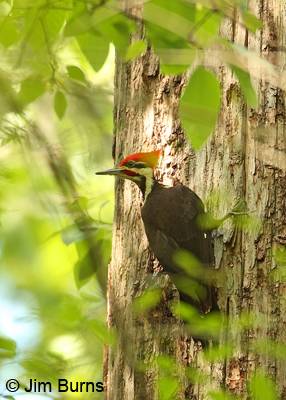
The Bear. William Faulkner. Surprise, surprise . . . but of course! A lifetime ago I had written reports on Faulkner but this literary icon of the Deep South hadn't crossed my mind in all the intervening years. Skeptical but fascinated, I hurried to the library to renew the acquaintance and discovered The Bear was indeed, among many other things, a prescient-for-the times chronicle of what man was doing to the planet clear back in late 19th century Mississippi.
I'm only guessing (anybody out there anal enough to have actually kept all their college course reports?), but I probably wrote then that Faulkner was commenting on the passing of the "frontier," or at least a fictional Mississippi version of it, but the frontier ain't in Kansas anymore. In a world gone global, even if you trust only half the bad news, we may need to place "planet," not "frontier," after "the passing of . . . ."
The Bear, written in Faulkner's sometimes rather inaccessible stream of consciousness style, is an 1880s coming of age story of a boy in the backwoods of Mississippi. It is filled with flashbacks and flashforwards exploring the complex relationships between Native Americans, White land owners, former slaves, and the rapidly disappearing forest wilderness. Today no one who loves wildlife and wild places would ever think to use "bear" and "Mississippi" in the same sentence, but that is only sad testimony to Faulkner's keen and nostalgic sense of impending loss--"that doomed wilderness whose edges were being constantly and punily gnawed at by men with plows and axes who feared it because it was wilderness . . . ."
Early in the book Faulkner speaks of the "tall and endless wall" of dense woods and the "big woodpecker called Lord-to-God by the negroes." The bear is Faulkner's symbol for the vanishing woods and a vanishing way of life, and as the boy becomes an accomplished woodsman he sees the bear but doesn't shoot, then hunts it even without a gun. Inevitably, of course, the bear is killed, and the boy who is now a man visits the woods, now gashed by the timber companies' rail line and fragmented by sawmills and surveyors' stakes, one last time knowing he, and it, will never return.
Ironically enough, I finished The Bear sitting amidst the mindless scurry of LAX waiting for a late night flight which had been delayed two hours. The book became my cocoon. I finished it in tears. Faulkner knew. Undoubtedly he had seen an Ivory-billed, but I can give you only the image of a poorer planet's version of the great bird. Faulkner goes biblical to message his readers that no man, no race, can own the land that was given to all in stewardship. He does give a flicker of hope. Mentored by a mixed breed Chickasaw steeped in the old ways, the boy come into manhood treats ex-slaves with humanity and repudiates his inheritance of his family's land.
There are long and short versions of The Bear because Faulkner wrote for magazines and later combined several novellas into the more detailed history of his fictional Mississippi homeland. If you're curious, be sure you find the version included in the book Go Down, Moses, and read that entire book. Read it in your favorite desert or mountain retreat, then please go out and do something to help the planet.